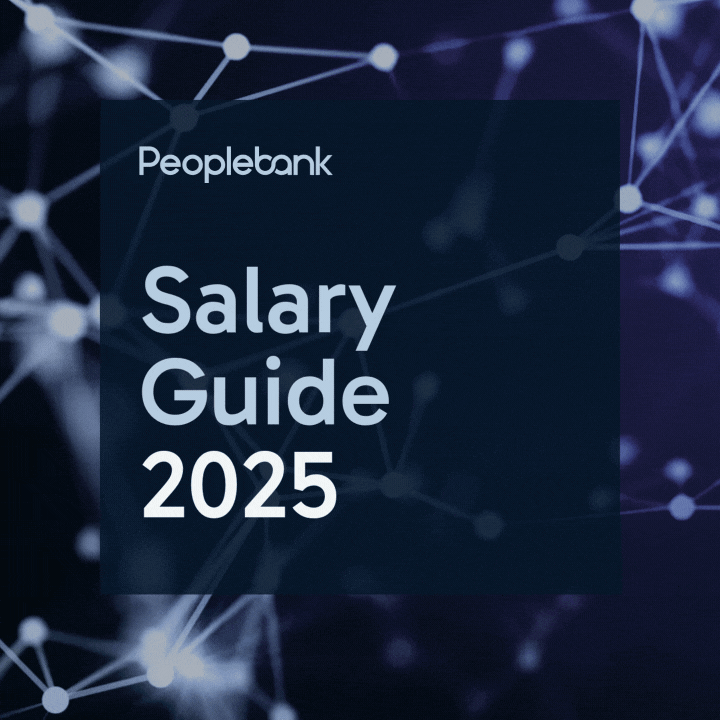The best way to ask for a job reference
Pick your reference/s wisely
A good skill to have when reflecting upon who should be your references is self-awareness. How do certain people perceive you? Who did you have strong relationships with? Who liked or didn’t like you? When you gather an understanding about how you are seen you can then look at how that person is received by others. Will they be able to make a nice impression? Are they trustworthy and professional?
We recommend making a list of potential referees such as previous managers or highly valued colleagues. These people should be able to speak on your character as well as your relevant skills and industry knowledge. It’s even better if you have notable people on your list, such as predominant members of your industry.
Here are some dot points for people who will make a suitable reference for you:
- Someone who you worked well with
- Someone from a job you left on good terms
- Someone who showed you appreciation during your time working with them
- Someone who is genuine and professional
- Someone who can give reference to the qualities necessary for the role you are applying for
- Someone relevant to the industry you are job searching in

Try to keep in frequent contact with these people
If possible, keep in casual contact with the people you might consider to be good references. This can be done on something as simple as LinkedIn. You can engage with their posts or occasionally InMail them. This works particularly well if you were friends with the individual. Be careful not to appear fake or needy in your interactions. Be genuine so you don't seem like you just want a good reference.

Start asking at the beginning of your job search journey
Don’t wait to ask until you get to the last round of interviews. Notify the chosen references at the start of your job search journey. Be honest and help them understand they may receive a call in the next few months as you are seeking a new workplace. This helps to both be organised for any prospective employers and to help build a rapport and understanding with your referees.
Ask politely
This should go without saying. Don’t call or email your referee with a “Hey, can you be my reference for this job I really want?” If calling, create a conversation, allow some flow and small talk if need be and then let them know you’ve contacted them for a reason. Ask them politely with something like, “The reason for this call is that I wanted to ask if you’d mind being a referee for me? I’ve applied to be an [insert role] and I thought you might be able to answer a few questions if they call to check my skills and experience.”

Do you email or call?
On that note, what is the right way to do it? Phone or email? We suggest, if you’ve kept in contact or have a strong friendship a call is a great and personal way to reach out. If not, an email will suffice. Here are some examples of how to phrase your email:
“Hi David,
I hope you’ve been well! I noticed your work anniversary on LinkedIn last week, congratulations, how are you enjoying it?
The purpose for this email to ask if you would feel comfortable being a reference for me. I’ve recently applied to a [insert role] and I thought you might be one of the best people who could speak on my skills and experience. If you need any more details, please let me know.
Best regards,”
OR
“Hi Elisa,
How are you going? I heard that you are now working at [insert company], great work! Hope you are loving the new role.
I myself am looking for a new role, I have been applying for jobs in [industry/speciality] and I was wondering if you would be open to me naming you as a reference for me? I think our experience together at [previous workplace] could really highlight some of my skills and experience and may help my chances of getting a job in this field.
Thank you,”

Follow up and thank them
Always thank the people you chose to be references. They may be the last thing to check off the list in a job hunt but sometimes they can make or break your new career. Keep in contact with them even just briefly. Avoid ignoring them completely! This will be considered rude and it means they might not be open to giving you a reference in future circumstances.





















